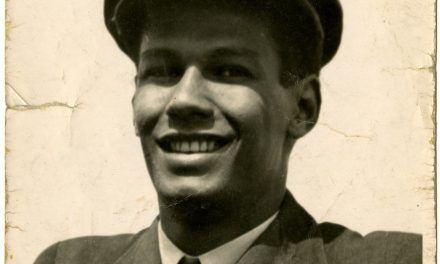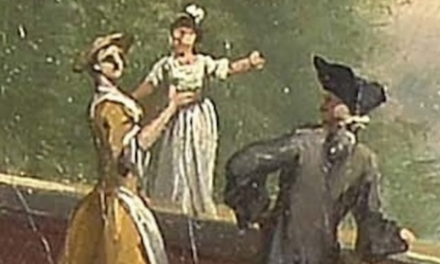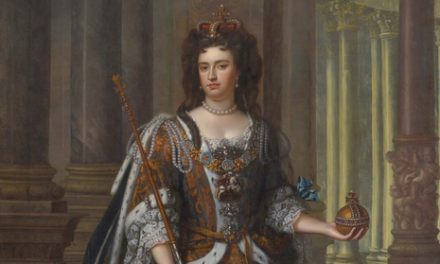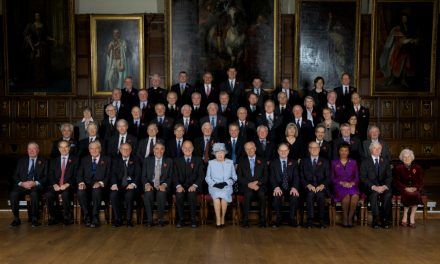Lynne Townley and James Carr
You may not have heard of the Middle Temple Historical Society, but it has existed, perhaps somewhat under the radar, for 40 years. Prior to the pandemic, members of the Society used to meet approximately four times a year in the Bench Apartments for drinks, dinner, and a talk on a historical topic usually with a legal flavour. Since the pandemic, the Society has moved its events calendar online and this has been graciously assisted and facilitated by staff at the Inn. This has brought a benefit in that Middle Temple members (and friends) living outside London and across the globe can join our meetings.
What we do – an outline of our recent events
To give readers a flavour of what the Society does, we have briefly outlined our events that have taken place over the last two years:
The Fire Courts: Successfully Delivering Justice in a Time of Plague and Fire.
During the pandemic, The Selden Society and the Inns of Court inaugurated a series of annual lectures to show the relevance and benefits of having a wide and deep understanding of legal history. In the first lecture, Professor Jay Tidmarsh and Judge James J. Clynes, Jr., Professors of Law at Notre Dame Law School joined His Honour Donald Cryan, Bencher of Inner Temple, to discuss the phenomenon of the Fire Courts. Professor Tidmarsh outlined the genesis of the Fire of London Disputes Act 1666 by Parliament. Then, he eloquently highlighted how the Fire Courts quickly and effectively begat a form of dispute resolution that allowed the City of London to return to normality. A highly topical and salient lecture as the world found itself having to deal with the ill-effects of Covid-19.
England’s Other Countrymen.
Dr Onyeka Nubia from the University of Nottingham, as part of Black History Month, delivered a talk about his book, England’s Other Countrymen: Black Tudor Society. This was the first MTHS event to be delivered entirely via Zoom, facilitated by the IT wizards at Middle Temple. The charismatic Dr Nubia took a wide-ranging journey, evidencing that Tudors from many walks of life regularly interacted with people of African descent, both at home and abroad, revealing a genuine pragmatism towards race and acceptance of difference. It was a talk that many students found fascinating, inspiring, and encouraging. Based on feedback, it was one of the Society’s most popular and well-received events.
The second event celebrating Black History was the lecture on the life of Thomas Chester, believed to be the first African American to be Called to the English Bar. The lecture was researched and drafted by the late Master John Mitchell, the esteemed former Chair of this Society. It was delivered by the then Master Treasurer, Andrew Hochhauser KC and Mass Ndow-Njie in memory of Master John Mitchell.
Edmund Burke and his Legacy.
Professor Richard Bourke, Professor of the History of Political Thought at the University of Cambridge, delivered a lecture examining the life, political thought and the corpus of work of the Irish-born Edmund Burke, who was Called to the Bar by Middle Temple. Burke remains a central figure in the pantheon of conservative political thought and is considered by many as the founder of modern British conservative thought. To the present day, Burke’s writings are held in great esteem in America, where they remain hugely influential. Professor Bourke started the discussion by suggesting that Edmund Burke was one of the greatest advocates of his age, underpinning his argument that Burke brought philosophy to politics. Bourke also suggested that Burke was one of the great prose-writers of his generation, and how that was reflected in the two central areas that concerned Burke: rights and sovereignty. The lecture also touched upon the key concerns of Burke: a) the American crisis; b) the intractable situation in Ireland; c) Britain’s then relationship with India; d) the political situation in Britain, e.g., monarchy and parliamentary reform, and e) France.
The early gardens of the Inns of Court
Finally, we were treated to a delightful talk about the history of the beautiful gardens of the Temple by award-winning author, Dr Paula Henderson, a Fellow of the Society of Antiquaries of London and author of The Tudor House and Garden – Architecture and landscape in the sixteenth and early seventeenth centuries (Yale University Press, 2005). Dr Henderson joined us from her home in Nantucket. The Society intends to take full advantage of the Inn’s new technological capabilities in future by inviting international speakers, to whom we may not have had access previously, to address the Society remotely.
Our future events …
The retired High Court judge and Professor of Law at the London School of Economics, Sir Ross Cranston, has been invited by the Society to give a thematic lecture from his book, Making Commercial Law through Practice 1830-1970 (Cambridge University Press). Prof Cranston, in his lecture, will demonstrate how commercial law developed and unusually highlight that law and lawyers were not the driving force, but it was instead judges that responded to commercial needs with practice-led judgments.
Harry Potter, barrister at 25 Bedford Row, author of Law, Liberty and the Constitution: A Brief History of the Common Law (Boydell Press) and presenter of the accompanying BBC series, The Strange Case of the Law, will speak about Sir Alexander Paterson and his historical contemporary significance for penology.
Professor Sir John Baker, Downing Professor Emeritus of the Laws of England at the University of Cambridge will address the Society about the historical development of the Royal Prerogative and its enduring significance.
Professor Micheal Lobban of the London School of Economics, who has recently edited Sir Jeffrey Gilbert’s (1674–1726) treatise on contract law (the first treatise of contract law in England), will lecture on the antecedents that lay behind Gilbert writing the treatise, its significance on latter works on contract law, along with why Gilbert has faded into relative obscurity.
Sean Gillane, Senior Counsel will give a lecture on the trial of Lord Haw-Haw (William Joyce). Gillane, a senior criminal practitioner at the Irish Bar will give an overview of the facts that led to Joyce being put on trial and highlight some of the contentious issues within the trial, as well as an insight as to why the trial remains controversial to this day.
Join us…
The Society is always keen to hear from potential new members. Membership costs £10 per annum (payable by standing order) and is open to all members of Middle Temple and to non-members of Inn.
Our events are free to attend online, and bookings should be made via the Inn’s website.
The Society can be contacted at the following e-mail address: [email protected]
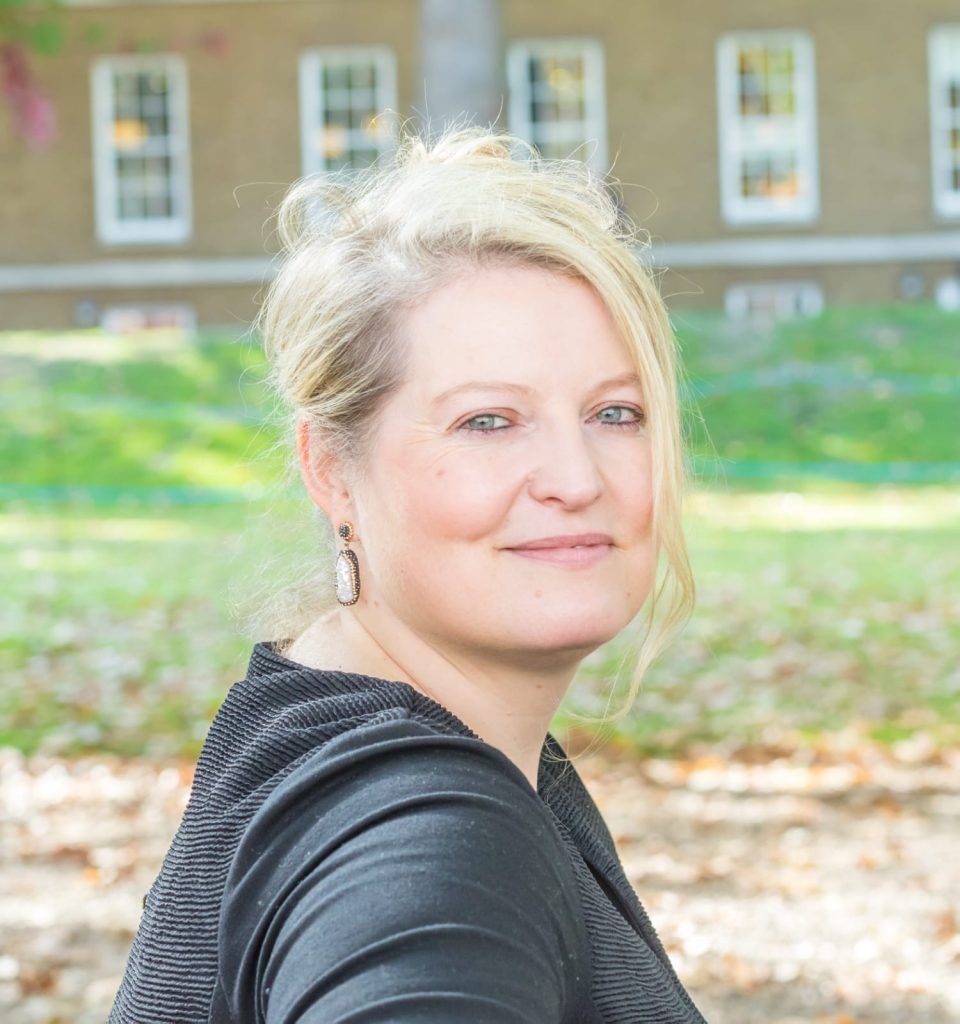
Lynne Townley is a lecturer on the Bar Vocational Studies Course at City, University of London and sits as a fee-paid judge. She is the Chair of the Middle Temple Historical Society.
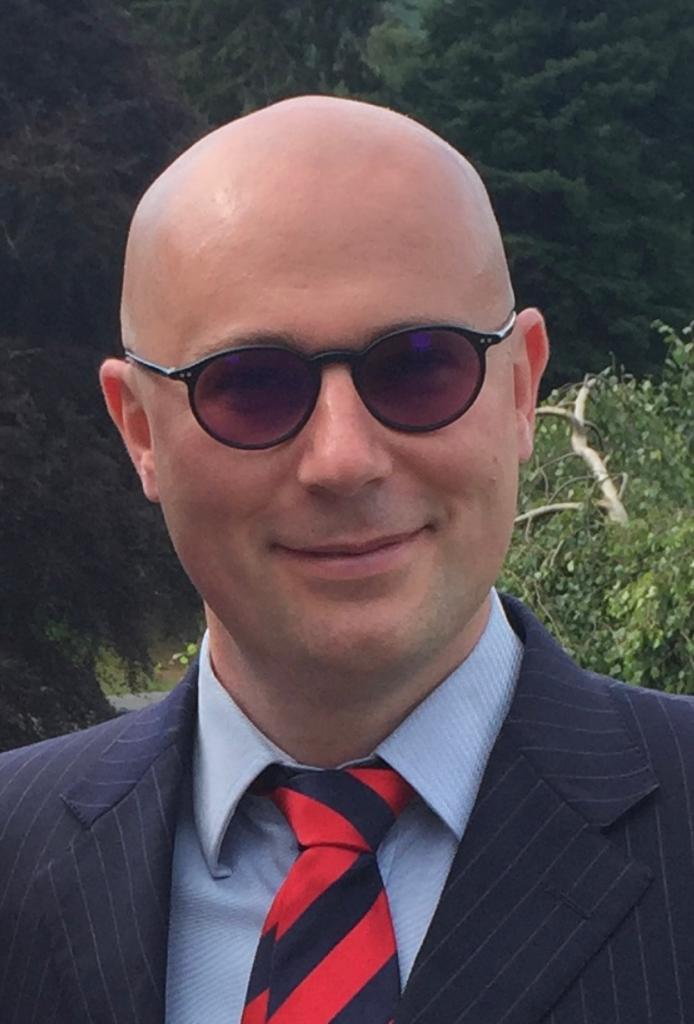
James Carr is a student member of Middle Temple and is the Treasurer of the Middle Temple Historical Society.

